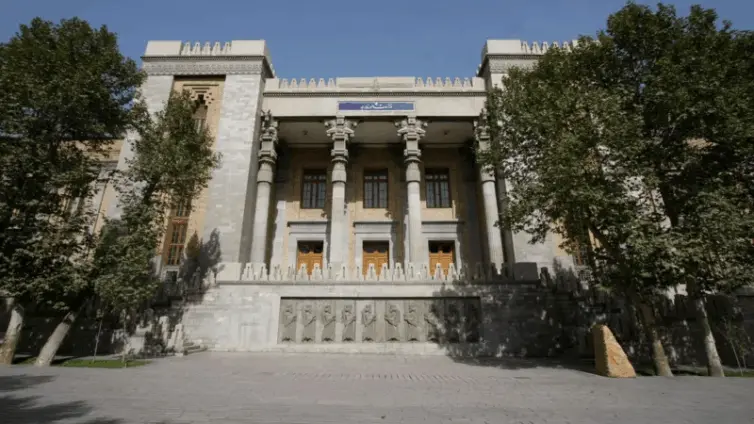As global trade faces increasing uncertainties, the limitations of traditional solutions like tariffs become ever more apparent. In a compelling address at the International Democracy Union (IDU) Forum in Brussels, Dr. Mahamudu Bawumia, the Vice President of Ghana, offered a refreshing perspective: that fostering mutual trust and cooperation is the true path to resolving the pervasive trade imbalance that hinders sustainable economic growth, particularly for developing nations. His remarks underscore the vital role of trust and cooperation in reshaping the landscape of global trade, moving beyond protectionist measures to forge lasting, equitable partnerships.
Dr. Bawumia argued forcefully against relying on protectionist measures, emphasizing that tariffs ultimately exacerbate tensions and impede economic growth. He positioned trust and cooperation as superior alternatives for achieving trade stability. According to Dr. Bawumia, these measures create barriers, hindering the progress of developing nations striving to integrate into the global economy. He cautioned against the allure of short-term fixes, advocating instead for long-term strategies that yield benefits for all stakeholders. “We must move beyond short-term fixes and work towards long-term solutions that benefit all parties involved,” he stated, highlighting the importance of inclusive and sustainable trade practices.
The impact of tariffs on developing economies is particularly acute. Dr. Bawumia highlighted Africa’s persistent marginalization in global trade despite its abundant resources and youthful population. He cited stark data illustrating this disparity: intra-African trade accounts for a mere 15% compared to the significantly higher figures in the EU (67%) and Asia (61%). This statistical imbalance underscores the urgent need for Africa to enhance its internal trade networks and reduce its reliance on external markets often subject to volatile trade policies. This situation is particularly troubling, as trade imbalances hinder the development and prosperity of the continent.
| Region | Intra-Regional Trade (%) |
|---|---|
| Africa | 15 |
| European Union | 67 |
| Asia | 61 |
Dr. Bawumia championed the African Continental Free Trade Area (AfCFTA) as a transformative initiative poised to address Africa’s trade challenges and foster economic integration. He emphasized that for AfCFTA to realize its full potential, it is crucial to reduce non-tariff barriers and invest in critical infrastructure. These impediments, often overlooked, can significantly undermine the benefits of free trade agreements if not addressed proactively. “The AfCFTA provides a unique opportunity for Africa to redefine its place in the global economy,” Dr. Bawumia noted, emphasizing the agreement’s potential to unlock unprecedented economic opportunities for the continent. He believes AfCFTA can foster intra-African trade, creating a more resilient and self-reliant economic landscape.
However, the path to implementing AfCFTA is not without its AfCFTA challenges. Realizing its ambitious goals requires overcoming significant hurdles, including securing consistent political will among member states, addressing substantial African trade barriers stemming from infrastructure deficits, and harmonizing diverse regulatory frameworks. Overcoming these economic development challenges demands a concerted and sustained commitment from all participating nations to ensure that AfCFTA becomes a catalyst for widespread prosperity.
In his address, Dr. Bawumia made a compelling case for policies that actively promote trust and collaboration in international trade. He also issued a stern warning against the dangers of escalating trade wars fueled by an over-reliance on tariffs. According to Dr. Bawumia, such conflicts destabilize the global economy and undermine global economic stability. He articulated a clear vision: “Trust is the cornerstone of sustainable economic relationships.” This underscores his belief that enduring economic partnerships are built on mutual respect, transparency, and a shared commitment to equitable trade practices. These relationships cannot flourish in an environment of constant trade disputes.
In conclusion, Dr. Bawumia’s address underscored the critical need for trust and cooperation in resolving the persistent trade imbalance that affects nations worldwide. He argued against the use of tariffs, highlighting their potential to trigger trade wars and destabilize the global economy. He further emphasized the transformative potential of AfCFTA in fostering sustainable economic relationships within Africa and beyond. By prioritizing trust and collaboration, the global community can pave the way for a more equitable and prosperous future for all, especially for developing nations striving to achieve their full economic potential.
Image Source: MYJOYONLINE




















